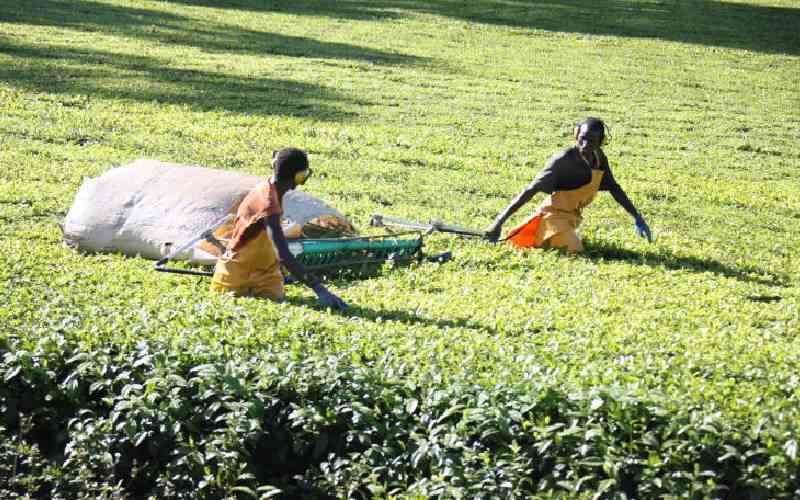×
The Standard e-Paper
Smart Minds Choose Us

Implementation of mechanised tea picking has led to reduced population in the cash crop growing belts of Nandi County.
Massive layoffs of workers whose manual roles have been replaced by latest technologies, have prompted an exodus from multinational tea estates that had seen mushrooming business enterprises.